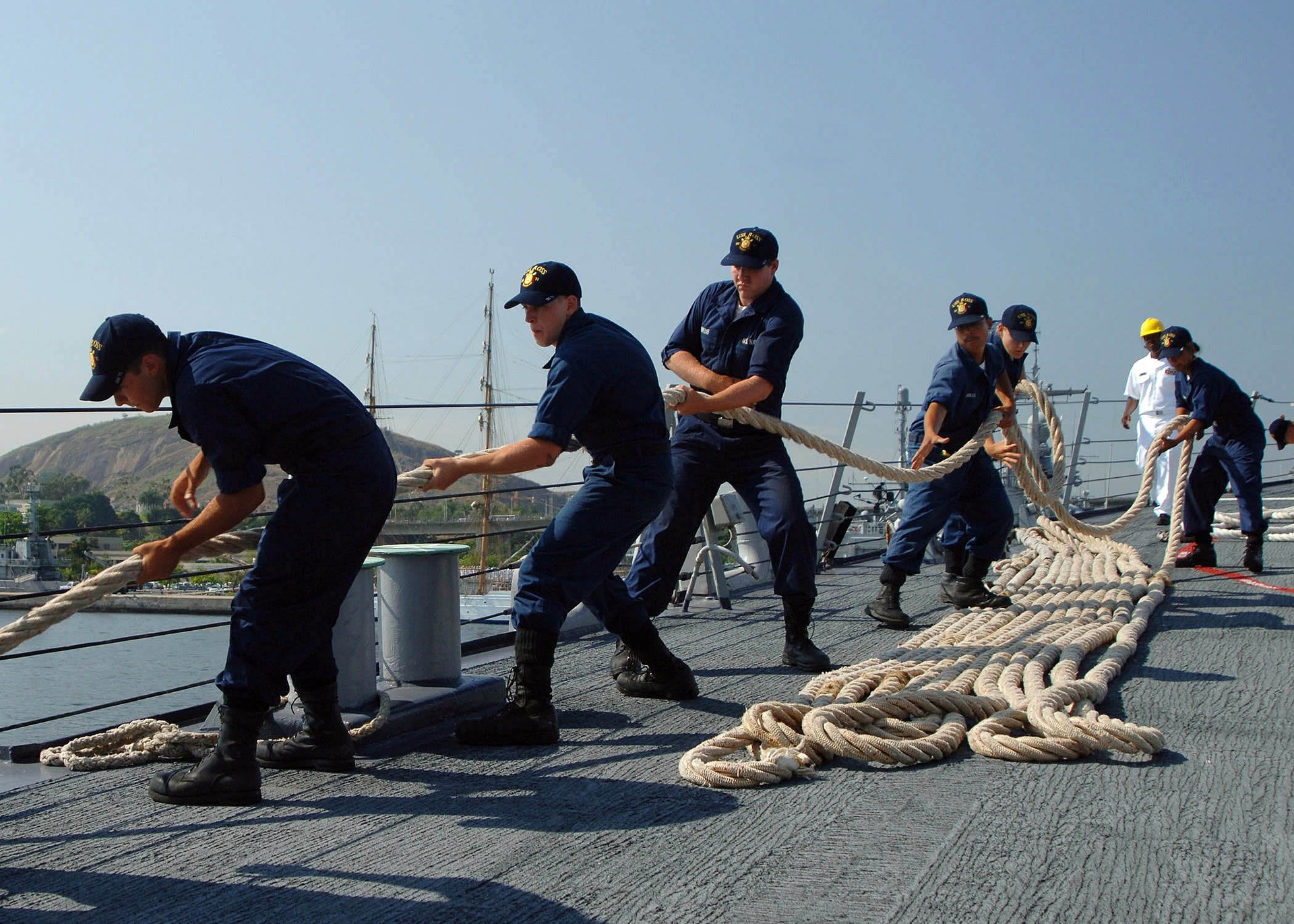 While you cannot expect maritime employers to keep everyone safe all the time, there are some very specific responsibilities held by professionals in this realm of business.
While you cannot expect maritime employers to keep everyone safe all the time, there are some very specific responsibilities held by professionals in this realm of business.
Working on or in the water can result in some serious injuries in the case of an accident, and it’s important that employers have done their part to keep employees safe.
If you’re considering a career in maritime work, take a peek at some of the laws that apply to your position on the water. Take on your new career with confidence.
Rules for maritime employers
OSHA (Occupational Safety and Health Administration) regulates longshoring and shipyard conditions through the U.S. Department of Labor. Maritime employers are expected to uphold various standards in the workplace to actively pursue safety.
OSHA sets forth strict regulations on the following aspects of maritime employment:
- Working surfaces – landing decks, hatch surfaces, and other high trafficked areas of the vessel
- Aspects of the cargo – any cranes or rigging gear used to manage cargo must be up to standard
- Working conditions – ventilation must be sufficient, medkits should be to code, and emergency planning should be standard
Working on the water also means that your employer is responsible for maintaining the seaworthiness of their vessels. Work to understand the full spectrum of “seaworthiness,” so you don’t place yourself in a dangerous situation.
The distribution of responsibility
Standard state regulated workers’ comp insurance will not always be of help in the case of a maritime injury. You’ll need to evoke other maritime legal provisions to get the compensation you deserve. Refer to the Longshoreman and Harbor Workers’ Compensation Act and the Jones Act for coverage.
Longshoreman And Harbor Workers’ Compensation Act
The Longshoreman and Harbor Workers’ Compensation Act is a mouthful, but it’s the federal regulation that entitles you to financial coverage for medical, disability, and rehabilitation efforts if you are ever severely injured on the job.
This federal provision also covers rehabilitation and disability inflicted by the contraction of a disease while working on the water. Hire a competent maritime lawyer who knows your rights under the Longshoreman and Harbor Workers’ Compensation Act.
What you should know about the Jones Act
Another piece of notable federal legislation is called the Jones Act. The Jones Act was written in 1920 to help sailors get the financial support needed to recover from getting sick while performing their duties.
The Jones Act is especially helpful if you are injured due to the negligence of the person/institution responsible for the vessel on which you work. Get to know the bounds of this provisional act, and make sure you get what you need.